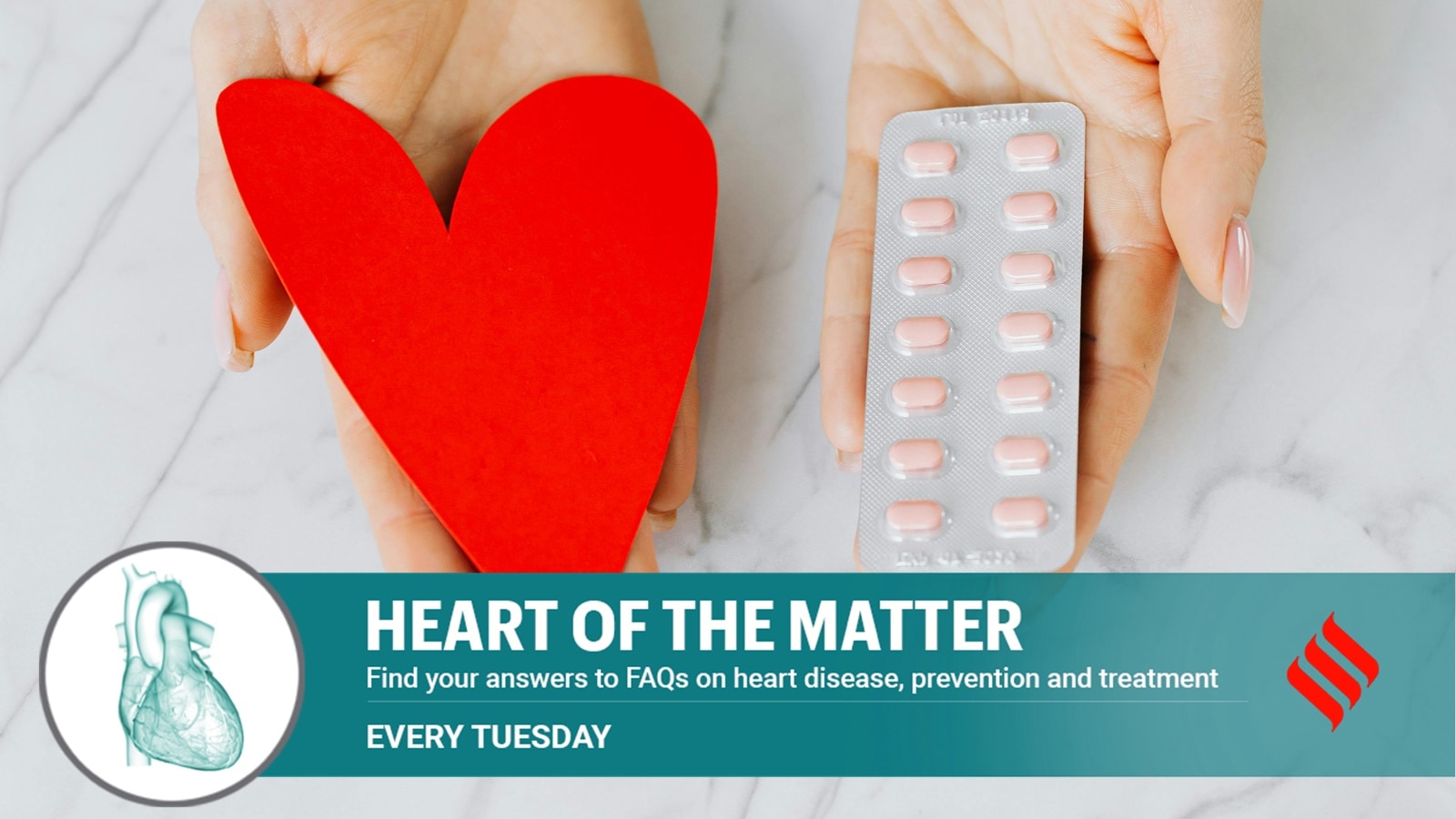Which drugs cause heart attack as a side effect? Here’s what you need to know
Know all about drug-induced cardiomyopathy, when the heart enlarges and weakens over time
 Medications are essential in managing various health conditions but they can sometimes have unintended effects on the heart. (Source: Pexels)
Medications are essential in managing various health conditions but they can sometimes have unintended effects on the heart. (Source: Pexels)Written by Dr Ravindranath Reddy
If you are one of those who pop painkillers all too often, then you might be raising your risk of heart attack and heart disease. Prolonged use means these can interfere with the heart’s normal functions, trigger clustering of platelets and cause blood clots. This, in turn, over time can narrow down arteries, increase fluid retention and raise blood pressure, all of which are risk factors for heart attack.
Medications are essential in managing various health conditions but they can sometimes have unintended effects on the heart. This is called drug-induced cardiomyopathy when the heart enlarges and weakens over time.
How medications impact the heart
Medications may alter electrical conduction or the process by which electrical signals make the heart beat in a coordinated rhythm. They even impair the pumping ability of the heart or lead to structural damage. Certain drugs might directly harm cardiac cells, while others affect the heart indirectly by causing fluid retention, electrolyte imbalances or increasing blood pressure.
1. Chemotherapy agents: Medications like anthracyclines and trastuzumab are known to cause cardiotoxicity, leading to reduced heart function and even heart failure.
2. Non-Steroidal Anti-Inflammatory Drugs (NSAIDs): These drugs, often used for pain relief, can increase the risk of high blood pressure, heart attack and stroke.
3. Antiarrhythmic Medications: Ironically, some medications prescribed to manage irregular heart rhythms can cause proarrhythmia, a condition where they create or worsen arrhythmias.
4. Some diabetes drugs: Certain older-generation diabetes drugs have been associated with an increased risk of heart failure.
5. Corticosteroids: Long-term use of these drugs can lead to fluid retention and hypertension, both of which strain the heart.
6. Mitochondrial Dysfunction: For those into substance abuse, cocaine can affect the mitochondria or the power sources of heart cells and damage them.
7. Inflammation and Immune Response: Some medications, such as hydralazine, may trigger an autoimmune disorder, where the body attacks healthy tissues, including those in the heart, damaging them.
8. Antipsychotics: Medications such as clozapine and olanzapine have been linked to irregular heartbeats.
9. Other Drugs: Methamphetamine, certain antihypertensive drugs like beta-blockers and ACE inhibitors, and immunosuppressants like cyclosporine can all have cardiotoxic effects under specific conditions.
Identifying early warning signs
Watch out for symptoms like persistent fatigue, shortness of breath, swelling in the ankles, chest pain, or an irregular heartbeat after drug use. Routine health check-ups, including ECGs, echocardiograms and blood tests for cardiac biomarkers, can help detect problems early.
Who is at risk?
While anyone can experience drug-induced cardiomyopathy, certain groups are at higher risk. These include elderly patients, those with pre-existing heart disease, those on multiple medications that increase the likelihood of stress on the heart. Cancer treatments are among the most common causes of drug-induced heart problems.
How to prevent this condition
Physicians should assess a patient’s cardiac risk factors before prescribing medication. Even if that’s a green flag, patients should be educated about potential cardiac side effects and signs to watch for. Dose adjustments and limiting the duration of treatment can help reduce the risk. Periodic cardiac evaluations can detect early signs of cardiotoxicity, allowing for timely intervention. A heart-healthy diet, regular exercise, and avoiding smoking can reduce overall cardiac risk.
How to manage drug-induced cardiomyopathy
The first step is to identify and discontinue the offending medication, if possible. In cases where the drug cannot be stopped (e.g., chemotherapy), cardio-protective medication such as beta-blockers or ACE inhibitors may be prescribed to mitigate damage.
Emerging therapies, like novel biomarkers and imaging techniques, are enhancing the ability to diagnose and manage drug-induced heart conditions. So collaboration among cardiologists, primary care physicians and specialists is essential for optimal care.
(Dr Reddy is HOD, interventional cardiologist, Gleneagles BGS Hospital, Bengaluru)
- 01
- 02
- 03
- 04
- 05































